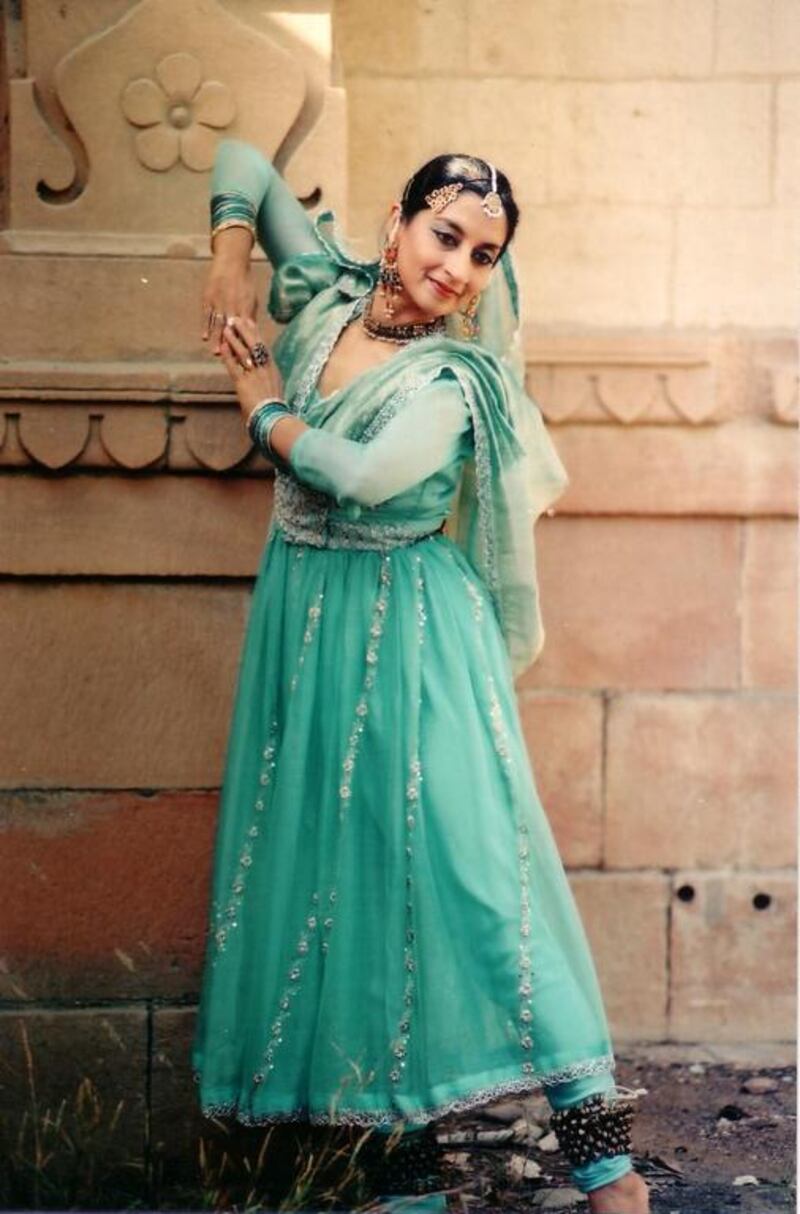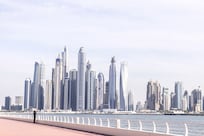The social activist and classical dancer Sheema Kermani will make her Dubai debut with a concert celebrating the work of literary figures from India and Pakistan.
Bisaat-e-Raqs, to be held at Ductac, Mall of the Emirates, on Saturday, will also feature the Pakistani television actor and screenwriter Adeel Hashmi – the grandson of the revolutionary Urdu poet Faiz Ahmed Faiz. Hashmi will recite poetry and letters written by his grandfather during his years in jail. Also participating in the concert is one of Pakistan’s best-known pianists – the 24-year-old Asad Anees – who will perform compositions by Beethoven. The troupe also includes five of Kermani’s disciples, who will perform routines choreographed to poems recorded in Karachi by local musicians.
Kermani, who has mastered several Indian classical dance forms – including Kathak, Bharatanatyam and Odissi – formed Tehrik-e-Niswan in 1979, an organisation that spreads awareness about women’s empowerment through music and dance.
Which poems will you be performing to in Bisaat-e-Raqs?
We will start with a dance I've choreographed on Aaj Rang Hai, a qawwali composed by the 13th-century Sufi musician Amir Khusro. Then we will do a piece on Faiz saab's Intesaab, which is a dedication to the working classes, women and the exploited. I will also dance to the Indian poet Sarojini Naidu's Palanquin Bearers.
What styles of classical dance have you chosen for these poems?
A lot of the Urdu poetry lends itself to Kathak, so that will be the dominant style. Sarojini Naidu’s poem about two young men who carry their mistress in a palanquin will be set to Bharatanatyam. I’ll also be performing a solo piece that will be a combination of thumri [a genre of semi-classical music] and ghazal [rhyming couplets], which will conclude with a tarana [a type of Hindustani vocal composition].
How do you connect with Faiz Ahmed Faiz’s poetry?
Faiz saab wrote highly political poetry. Contemporary in idiom and progressive, the poems are about ordinary people and human emotions. His words have incredible imagery and you can draw from that to create dance pieces.
Has it been a struggle to follow your passion for classical dance in Pakistan? How have you managed to overcome that?
When I was growing up, we had a much more liberal society than today. But there was a period when classical dance in Pakistan was banned [during the military regime of general Zia-ul-Haq]. Many people left the country, but I decided to carry on. My attitude was: if you don’t like it, don’t come to see it. Even today, dance is not patronised in Pakistan. It has been difficult, and even today, when I want to perform, it is difficult to find sponsors.
With contemporary styles emerging, what is the status of classical dance in performing arts now?
One has to be dedicated and put in a lot of sweat and blood to learn classical dance. Sadly, that isn’t the case today. What you see happening is that people learn a little, think they know it all, and create “fusion” dance. But you have to be grounded in the basic discipline before creating new forms.
Tehrik-e-Niswan started with awareness campaigns and branched into dance and theatre to promote its ideologies. Why do you consider art a better vehicle for awareness?
We become better human beings by being involved in the arts – it elevates the mind and creates a feeling of goodness, beauty and tolerance. My politics is about equality and justice, and being involved in the arts can help you emotionally reach out to people.
Does one need to be well-versed in Urdu to enjoy your show?
Music and dance can transcend language barriers, but I will explain the poems before each dance routine for those in the audience who don’t understand Urdu.
• Bisaat-e-Raqs is at Ductac, Mall of the Emirates, on Saturday, October 18, from 7.30pm. Tickets cost from Dh200 and are available at www.ductac.org. For more information, email b1musicevents@gmail.com
aahmed@thenational.ae





